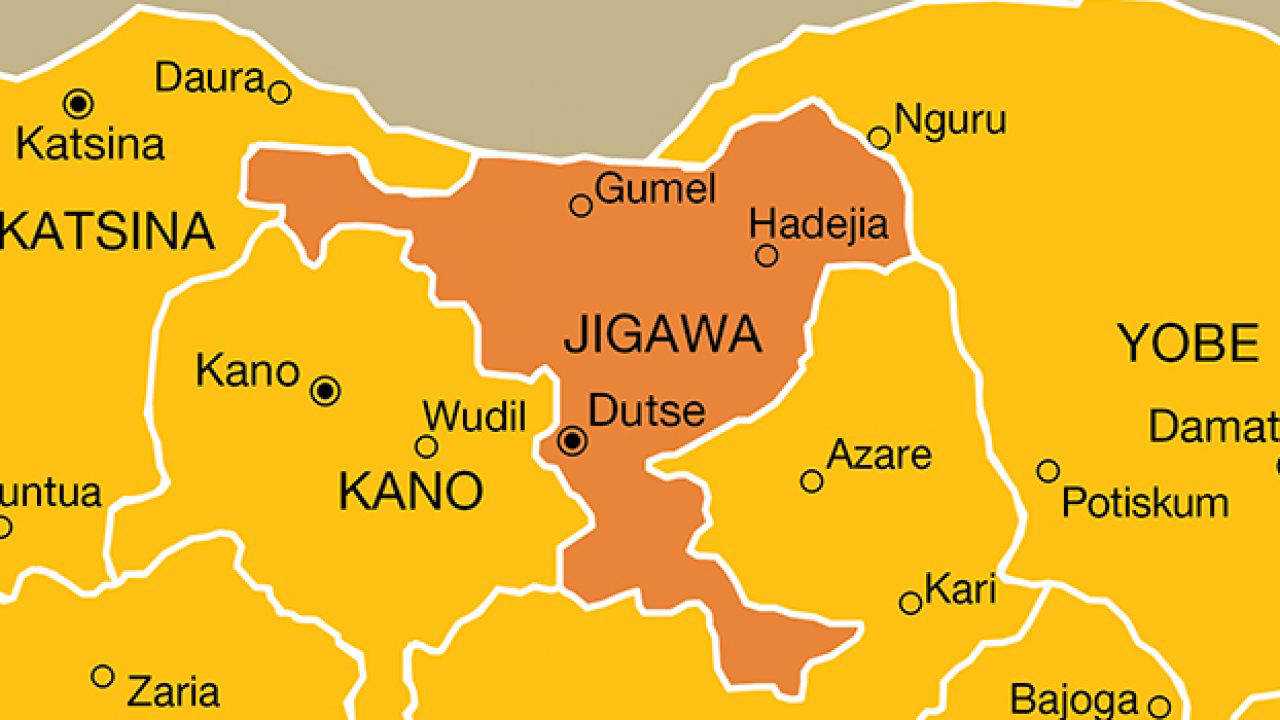Jigawa: Towards attaining economic development through ICT
Jigawa State is poised to embark on a transformative journey toward economic development through Information and Communication Technology (ICT). This is due to the fact that the current government in the state, under Governor Mallam Umar Namadi, has a great vision of putting the state on an ICT pedestal. In the runoff to the last […]

Jigawa State is poised to embark on a transformative journey toward economic development through Information and Communication Technology (ICT). This is due to the fact that the current government in the state, under Governor Mallam Umar Namadi, has a great vision of putting the state on an ICT pedestal.
In the runoff to the last general elections, he unveiled a comprehensive blueprint that aims to prioritize ICT as a key sector in achieving socio-economic growth. With a focus on building a knowledge-based economy and leveraging advanced technologies, Jigawa State aims to become a hub for digital innovation, investment, and inclusive development.
The blueprint outlines several key initiatives that will pave the way for Jigawa’s digital transformation. First and foremost, the government intends to institutionalize ICT activities in the state by developing a legal and administrative framework dedicated to the sector. This will provide a solid foundation for the growth and development of the ICT industry.
Investing in digital infrastructure is another crucial aspect of this strategy. By extending broadband connectivity and launching initiatives that focus on artificial intelligence and data science, the state aims to build a robust digital ecosystem. Addressing issues such as insufficient digital infrastructure and services, fragmented governance, and the digital divide will be a priority to ensure equitable access to technology and knowledge.
- Former Manchester City Star, Benjamin Mendy, Cleared Of Rape
- Yul Edochie praises second wife amidst divorce rumour with first spouse
To support these efforts, Jigawa State plans to leverage existing ICT facilities, such as the Galaxy ICT Park at Dutse Tower and the seven Community ICT Development Hubs established by the National Information Technology Development Agency (NITDA). These initiatives will provide a strong foundation for accelerating the adoption and application of digital technologies, unlocking new opportunities, and driving inclusive and sustainable socioeconomic growth.
Attracting investment in the digital economy is a key objective for Jigawa State. By positioning itself as a leader in digitalization and emphasizing inclusive development, the state aims to restore its ICT leadership position. The government plans to focus on research and development, capitalizing on advanced technology, and enhancing digital connectivity to drive economic growth and wealth generation.
The public sector will also undergo a digital transformation in Jigawa State. By embracing technology and developing agile and competent digital talent, the government aims to revolutionize public service delivery. Through partnerships with organizations like NITDA, Jigawa State intends to make public services more efficient, accessible, and citizen-centric.
Youth empowerment lies at the core of Jigawa State’s digital transformation strategy. Recognizing the importance of digital skills for economic development and job creation, the government has collaborated with NITDA to provide on-demand digital skills training to the youth. By closing the digital skills gap, Jigawa State ensures that its youth are well-prepared to compete globally, contributing to both personal and societal growth.
The collaboration between the Jigawa State Government and NITDA goes beyond skills development. It serves as a catalyst for economic growth and entrepreneurship by nurturing innovation and providing digital competencies to the youth. By equipping young entrepreneurs with digital skills, the government creates an enabling environment for startups and small businesses to thrive. This, in turn, leads to job creation and attracts digital investments, stimulating the local economy and fostering a favourable business environment.
To transform its workforce and service delivery, the Jigawa State government will need to embrace technology proactively. The implementation and deployment of digital platforms and portals should be prioritized. By developing user-friendly platforms, citizens can conveniently access government services online, reducing paperwork and streamlining processes for enhanced efficiency and time savings.
The implementation of e-government services is crucial for enabling citizens to interact with government agencies and access services electronically. Online registration systems for businesses and electronic document management can eliminate the need for physical visits to government offices, fostering convenience and reducing bureaucratic hurdles.
Mobile applications should also be at the forefront of Jigawa State’s digital transformation. Developing mobile applications will extend the reach of government services to citizens’ smartphones, providing real-time information, alerts, and notifications about government initiatives, public health advisories, and emergency services. Additionally, these applications can promote citizen engagement and feedback, promoting transparency and participatory governance.
Investing in data analytics and AI capabilities is paramount for informed decision-making. By analyzing data, the government can identify patterns, trends, and areas for service delivery improvement. AI-powered chatbots and virtual assistants can enhance responsiveness, while predictive analytics can aid in proactive resource allocation for better service delivery.
Citizen engagement and feedback mechanisms are essential for leveraging technology platforms. Establishing online surveys, social media platforms, and dedicated feedback mechanisms will ensure that governance remains responsive to citizens’ needs and preferences.
Jigawa State has the potential to maximize its economic development by embracing technology as a driver of progress. By setting an example for other states to follow, the government can demonstrate the power of collaboration and technology in crafting a brighter future for all of its citizens.
Gujungu wrote this piece from the Office of the Deputy Vice-Chancellor (Technology, Innovation and Research), National Open University of Nigeria, Jabi, Abuja.
